It’s that time of year again, the weather is supposed to be slowly warming up and the days are getting longer. Daylight saving is now here! While the weather may not reflect it, it is officially spring and traditionally that means it’s time for spring cleaning.
A good place to start spring cleaning might be with your medicine collection. I’m sure most people have an assortment of tablets, liquids, creams etc. put away in the back of the cupboard on the basis that they might come in handy one day! Chances are some of those medicines will have now expired and should not be used.
Start by looking at what you do and don’t still use. If it’s been stashed away for more than a year and hasn’t been used, do you really still need to keep it? You might have medicines that you used to take but your doctor has now changed the strength or prescribed a different medicine – keeping the old ones could cause confusion and discarding them is safest.
Checking expiry dates is the next thing to do as if a product has expired than it shouldn’t be used.
Medicines in original containers should all have expiry dates – you might need a magnifying glass to see it but it should be there somewhere. With prescription medicines that have been dispensed by a pharmacist into a bottle and specifically labelled for you there may not be an expiry date but hopefully the date of dispensing is still clear. I suggest discarding any medicines that are more than one year old.
If you can’t see the expiry date and you’re unsure then check the colour and smell of a medicine. Anything that has changed colour or faded, smells unusual or looks odd should be discarded.
Think also about where a medicine has been stored; if it’s been exposed to a lot of light or high temperatures, again it should be thrown away. If you store your medicines in the bathroom, that may not be the best place as bathrooms can get very hot and steamy meaning there is a lot of moisture in the air and that can affect medicines too. Windowsills and the glovebox of cars are not ideal either – too much light and heat there!
The best place is somewhere cool and dry, maybe in a drawer or a sealed container in a wardrobe or cupboard. Some medicines must be stored in a fridge – it will say this on the label. Only keep medicines in the fridge if you are told to. Don’t put medicines in the freezer.
Remember also if there are children around, to preventing poisoning all medicines should be stored out of reach – at least one metre off the ground, out of sight and preferably locked away.
And one final suggestion about safe storage of your medicines – always keep medicines in their original container, and don’t remove the label.
Back to your spring cleaning, so now you have a pile of medicines to discard. What to do with them?
Return them all, including medicines that are past their expiry date, to your pharmacist for safe disposal.
- Do NOT put flush them down the toilet. Doing this means potentially harmful chemicals will end up in our water supply.
- Do not throw them out in the rubbish.
And talking about returning medicines to your pharmacy, I’m often astounded at the quantity of medicines that we receive each week. Family members may bring them in after someone has passed away and so the medicines are no longer needed or other people have been spring cleaning as I’ve suggested.
It’s clear that many people don’t use all the medicines that their doctor prescribes for them and their pharmacist dispenses. And this leads to a lot of medicines going to waste. How can we avoid this?
Tell your doctor if you’re not taking a medicine. Rather than them continuing to prescribe a medicine for you because they think you are taking it – own up and let them know. Tell them why you‘re not taking it; perhaps it’s never been clear to you why you need it or maybe you think it caused a side effect so you stopped it. It’s important that you doctor has a true picture of your health and what medicines you take and also it’s a waste of resources for it to be dispensed and not taken. Even if you return it your pharmacist, any medicine that has left the pharmacy cannot be reissued to someone else. Some returned medicines can be sent to Medical Aid Abroad but others will be destroyed.
And if your Dr prescribes a medicine and you don’t need it i.e. you already have plenty in stock at home, tell your pharmacist you don’t need it right now. Your pharmacist can put the prescription on hold – meaning you have 3 months from the date the prescription was written to collect it.
A common example where holding a medicine is a good idea, is pain relieving medicines such as paracetamol. Maybe your doctor prescribes an amount that corresponds to you taking the medicine every day in the maximum dose but in reality you don’t take it every day. If you keep collecting the maximum quantity then you might find yourself with an excess. Rather than getting more and increasing your stash at home, ask your pharmacist not to dispense it at that time.
In these days where zero waste is a goal for many aspects of life, let’s try to reduce medicine waste too.
Written by: Jenny Cade
This blog provides general information and discussion about medicine, health and related subjects. The information contained in the blog and in any linked materials, are not intended nor implied to be a substitute for professional medical advice.






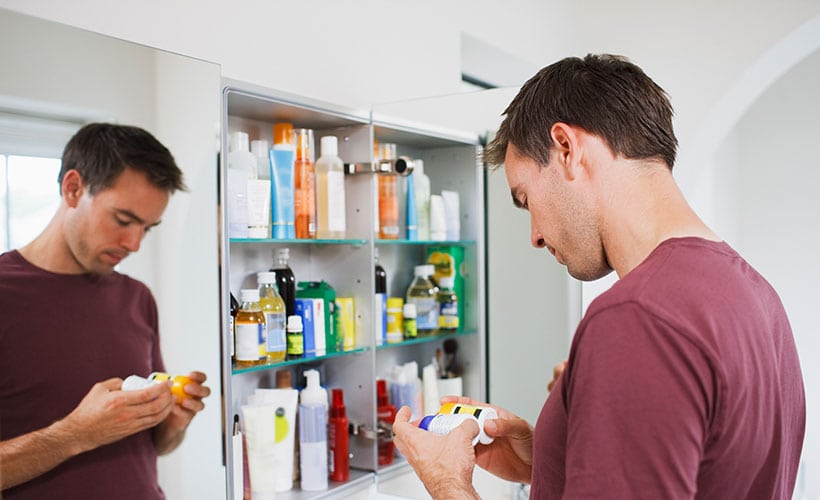
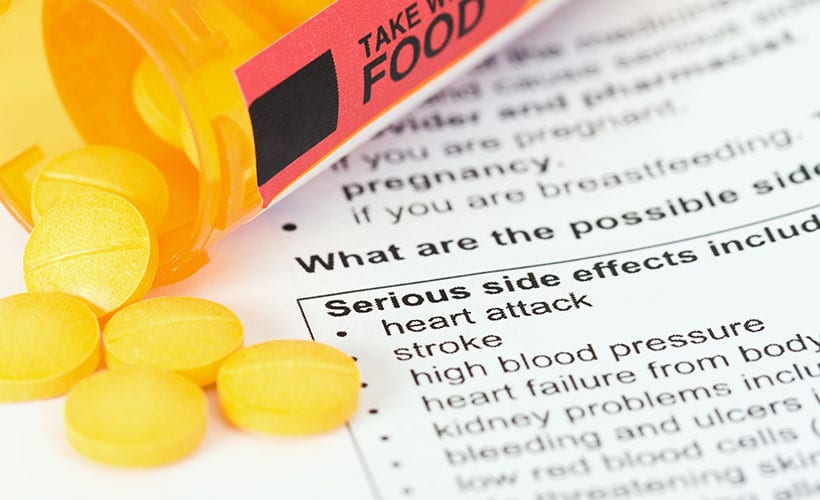
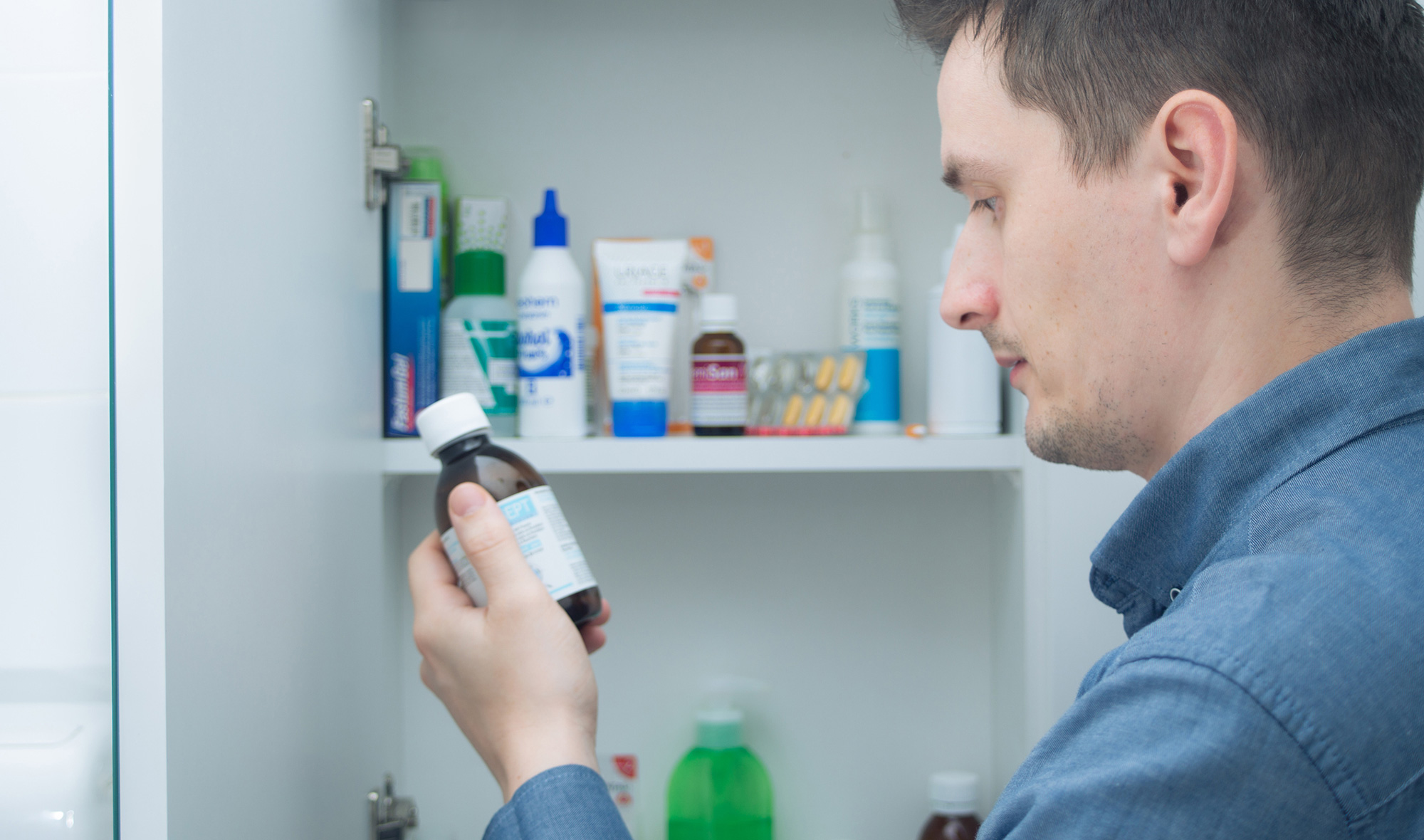
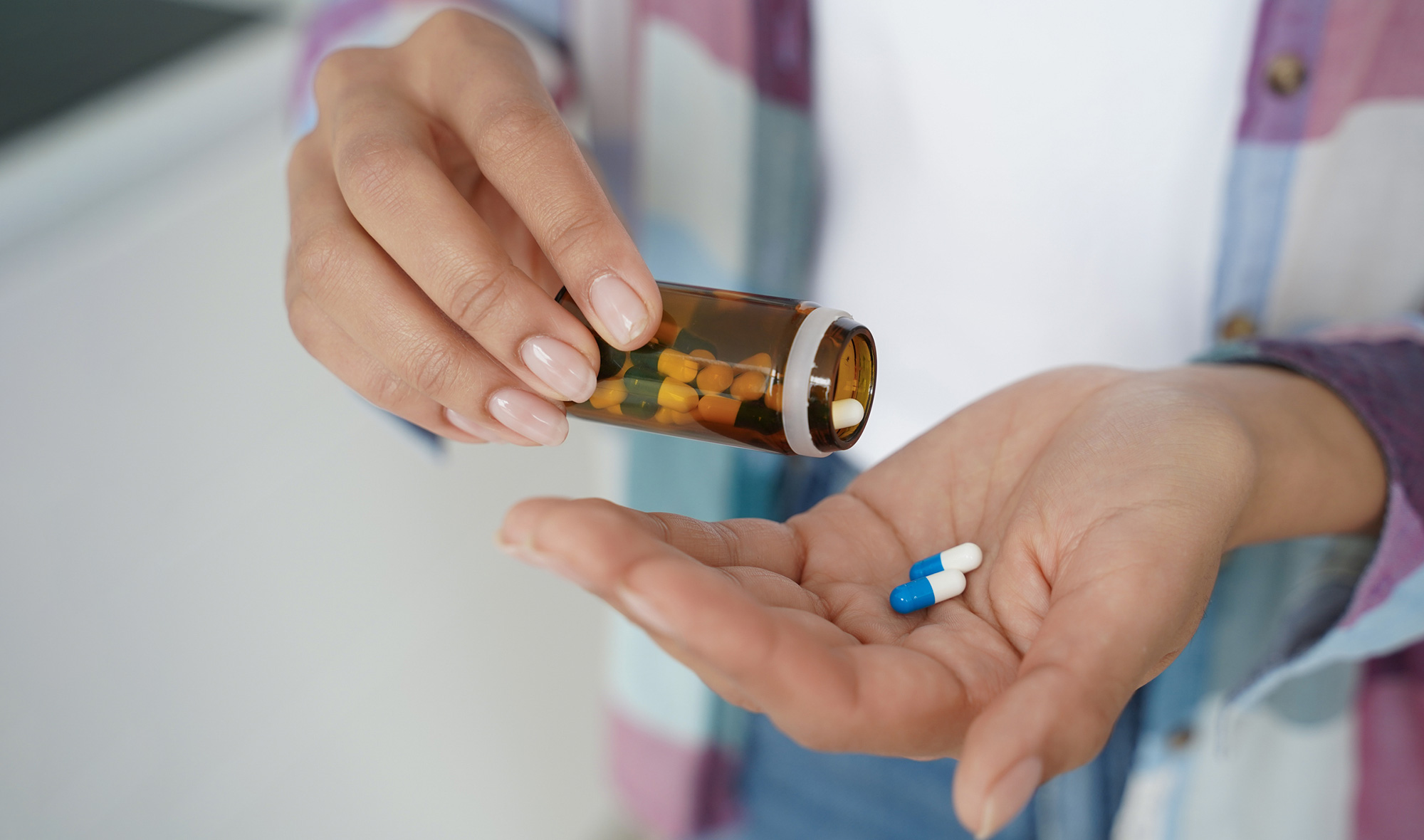
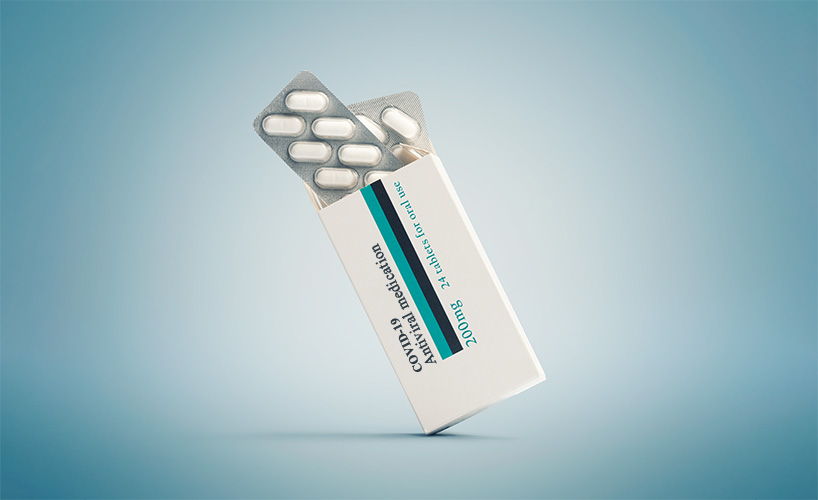




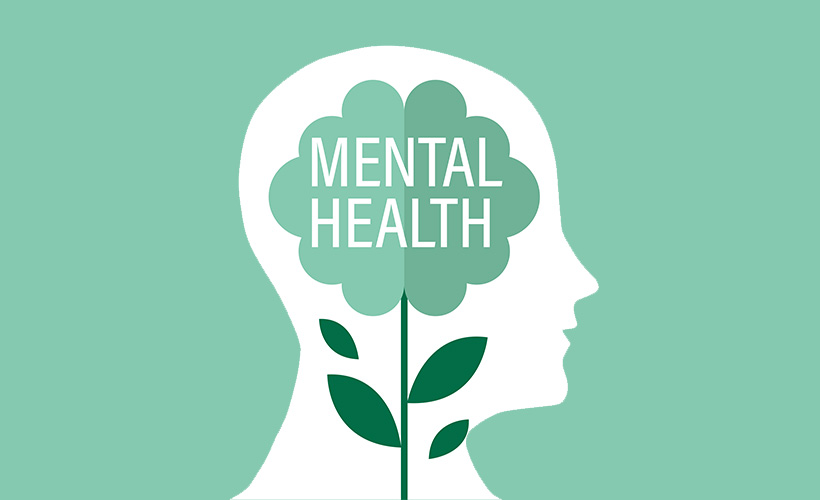

Community